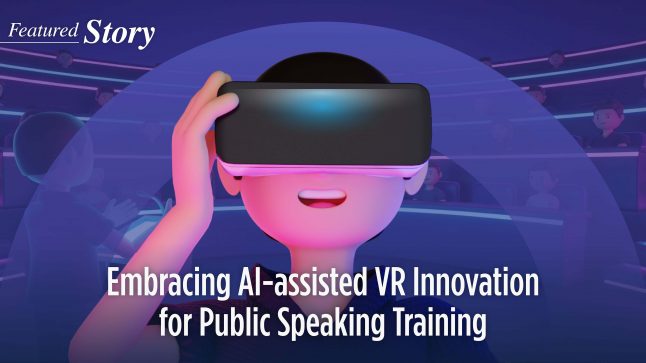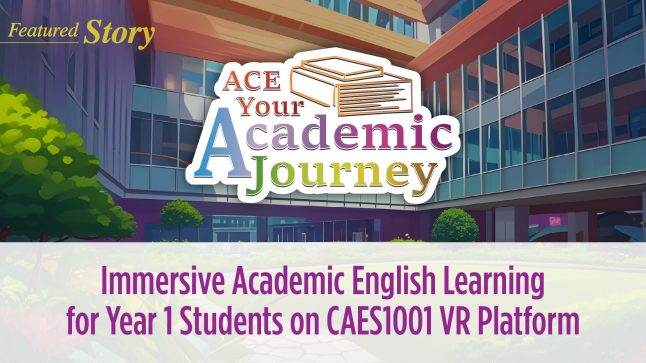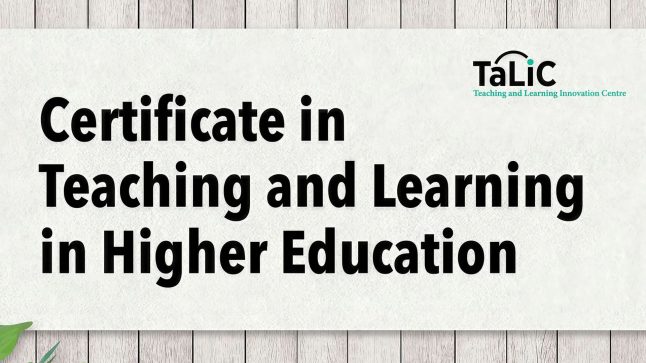
Street Law, or practical law for laypersons, is a promising approach for educating the public about the law that affects people’s daily lives and developing their civic and academic skills, as well as for meaningful public service and outreach in the community by law schools and law students. Moreover, it is highly effective in developing the lawyering abilities of law students as a matter of clinical legal education.
Professor Roe will conduct a representative participatory activity to introduce the concept and methodology of Street Law. Then, he will ask participants to watch and analyze a 15-minute video that highlights the key elements of an exemplary Street Law class in an inner-city high school in Washington, D.C and illustrates the range of instructional possibilities and values – from instructional methods to learning outcomes. The instructor in the video employs a number of techniques in the context of a mock trial, including a role-play, class participation, direct instruction, guided practice, advocacy, and assessment. Professor Roe will show and discuss the video, focusing on the identifiable components of the highly interactive, participatory, and learner-centered methodology and the learning value to both the law student instructor and the end learners, in this case high school students. The video will be examined from two perspectives: 1) how to conduct an effective Street Law class and teaching in general on a substantive topic, in this case rules of evidence, distilling fundamental methodological principles for Street Law and clinical legal education generally and 2) how law student and layperson engagement in authentic law-related issues can develop and advance lawyering and civic skills. The video was produced by the D.C.Bar Association and its Labor and Employment Section.








